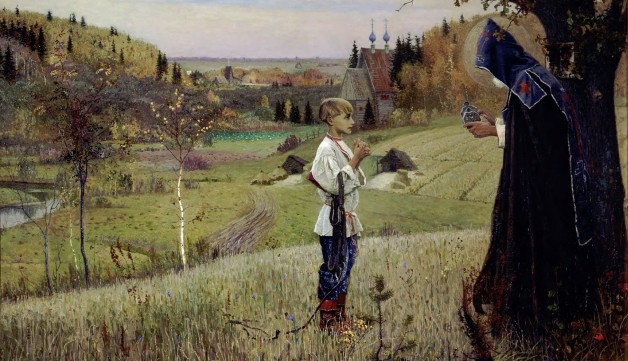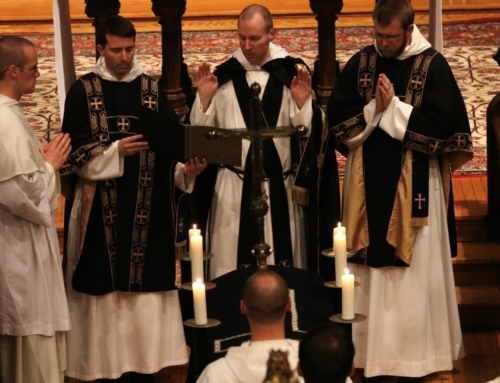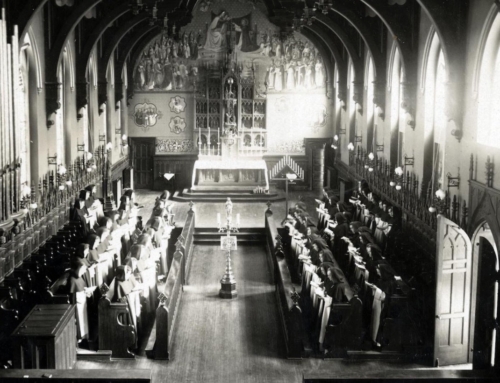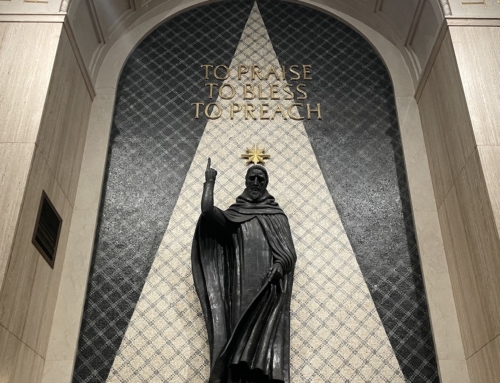I’m going to show the people that this city doesn’t belong to the criminals and the corrupt . . . People need dramatic examples to shake them out of apathy . . . A man is just flesh and blood, and can be ignored or destroyed. But . . . as a symbol I can be incorruptible, everlasting.
“What symbol?”
I’m not sure yet. Something elemental. Something terrifying.
There are many heroes on whose lips these words would not be out of place. This particular quote, however, belongs to Bruce Wayne at the beginning of Batman Begins, the first of Christopher Nolan’s Batman trilogy. Anyone who has seen these movies recognizes that the Batman is an awesome and terrifying figure. An expert in dozens of martial arts and just generally intimidating in his armor and bat-gear, he is the one man that Gotham’s criminals fear. But there is more to this fighter than his skill and equipment. These are only the surface of what it means to be “the Batman.”
The city of Gotham has been declining for years. Political fraud and organized crime govern the city, constantly driving it further into corruption and decay. No one man, even if he had incredible courage, could save a city so far gone. But if that man were to take on a symbol larger than himself (an elemental and terrifying one), then he could shake the very structure of crime to its foundations. He could become the Dark Knight, the figure that watches over a city in its struggle to throw off the evil and corruption it once accepted as tolerable. The real purpose of the Batman is not so much to fight criminals as it is to stand against crime itself.
The act of becoming a hero by becoming a symbol, however, is not original to Batman. It can be found in ancient figures like Achilles and Hercules, and more recently in U.S. gymnast Gabby Douglas, Jared the Subway guy, and the Geico Gecko. Mention or sight of these characters brings immediately to mind the message or motto for which they stand. This idea can also be applied to the life of the Apostles and their commission to evangelize the world. Before Jesus sent out his Apostles, he told them that they would be acting as his representatives to all the nations on earth. Jesus said to them,
He who receives you receives me, and he who receives me receives him who sent me. (Mt 10:40)
Although ordinary men in many respects, the Apostles’ lives radically changed when they were called by Jesus to preach the gospel. They no longer spoke for themselves, but spoke and lived on behalf of Jesus. In season and out of season, in sorrow and joy, they became signs of the Word they preached, and pointed towards the salvation that comes from the one who sent them. Jesus also told his Apostles,
You are the light of the world. Let your light so shine before men that they may give glory to your Father who is in heaven. (Mt 5:14–16)
When St. Dominic founded his Order of Preachers, he also wanted his followers to be symbols that stood for the kingdom of heaven. These friar preachers were to live in a way that gave radical witness to the Gospel they preached. These men were to imitate the life of the Apostles. They sold all they had and gave it to the poor, and lived in permanent celibacy. They promised to fulfill the tasks assigned to them, sometimes being sent to far away missions. They lived this way not out of disdain for money, marriage, or independence, but to show where true freedom and wealth are found. By living joyously in poverty, chastity, and obedience, they pointed to something beyond earthly goods. They showed that material possessions, as good as they are, can start to possess us when made to be more than they are. They showed that friends and family are to be loved, but are not the source of Love itself. They wanted to conform their lives to truth, and imitate their Savior who was obedient to his heavenly Father.
Batman may well have us when it comes to martial arts, but in the realm of symbolism he doesn’t come close. Bruce Wayne made himself into a sign, but it’s God who makes the Dominican friar. Batman is elemental and terrifying. Religious life is supernatural and inspiring. If we respond with docility, God’s grace will shape us into symbols of heaven.
✠
Image: Mikhail Nesterov, Vision of the Youth Bartholomew







